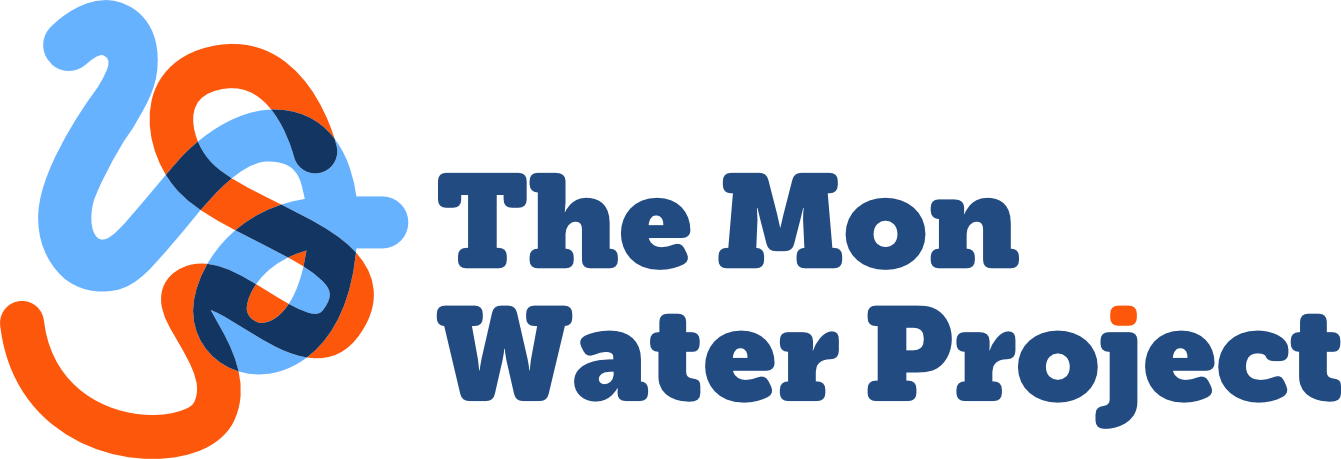Priority 2: Institute a Joint Task Force
Pittsburgh Water and Sewer Authority (PWSA)
2022 Stormwater Strategic Plan (SWSP)
PWSA released a strategic plan in December of 2022. The public has until June 30, 2023, to comment on this document and submit those ideas/concerns/questions for official review. The Mon Water Project is going to step through each Priority and provide insight.
What the plan says:
“Managing stormwater and localized flooding is a whole-of-government challenge”
PWSA has taken on a significant role in managing water quality and quantity in the city, and the introduction of the stormwater fee has reinforced the perception of PWSA's responsibility among ratepayers. However, in reality, PWSA has limited control over many of the key factors that contribute to these challenges, such as impervious public and private landscapes and overlapping utilities. The current siloed approach within City government hampers effective planning, funding, and execution of necessary investments. Given PWSA's limited resources, it is essential to leverage the knowledge, capabilities, and resources of other departments and authorities to ensure the success of their efforts.
Action Items:
2A: Institute a Joint Task Force on stormwater.
Negotiate and Adopt a memorandum of understanding (MOU) with the City of Pittsburgh and other departments. Including MS4 (separate sewer system area rules and regulations).
Improved data sharing on flooding locations and issues.
Coordination out outreach and messaging
Implement effective projects that have streamlined review and approval.
Coordination of all projects to evaluate stormwater options. Aligning funding budgets and capital investments.
Enforcement & Incentives for SW Management
Structure:
PWSA
Mayor
City Planning
Department of Public Works (DPW)
Parks and Rec (CitiParks)
Department of Mobility and Infrastructure (DOMI)
Department of Public Safety/Emergency Management/Homeland Security/FEMA
City Finance
Urban Redevelopment Authority (URA)
Pittsburgh Public School (PPS)
Allegheny County Sanitary Authority
PennDOT
Duquesne Light
People’s Gas
Allegheny County Health Department (ACHD)
Allegheny County Conservation District (ACCD)
Army Corps of Engineers (USACE)
——-> Interested Labor, Business, and Community Organizations
What I think:
I can not lie, I am voracious about this priority. I have spent my entire career in watershed management hoping to build a coalition of partners.
The recognition that managing stormwater and localized flooding is a whole-of-government challenge is a significant step forward in addressing the complex issues faced by PWSA. The comprehensive action items and collaborative structure outlined in the plan demonstrate a commitment to effective and inclusive solutions.
While PWSA has assumed a significant responsibility in managing water quality and quantity, it lacks the authority and resources to address these underlying causes effectively. Without the ability to influence or regulate these factors, the success of PWSA's efforts remains uncertain.
The plan lacks details on how these entities will work together, and there is no clear plan for incorporating the knowledge, capabilities, and resources of each organization into a cohesive strategy. Without a well-defined framework for collaboration and decision-making, the risk of disjointed efforts and inefficiencies remains high. But I am optimistic that will be possible.
The proposed action items showcase a proactive and strategic approach to address stormwater management. The establishment of a Joint Task Force on stormwater and the negotiation of a memorandum of understanding with the City of Pittsburgh and other departments demonstrate a commitment to cross-functional coordination.
This inclusive approach brings together diverse expertise and resources, fostering collaboration and collective responsibility. It demonstrates a commitment to leveraging the knowledge, capabilities, and resources of all stakeholders, enhancing the chances of success in managing stormwater challenges.
In conclusion, the whole-of-government approach outlined in the plan for managing stormwater and localized flooding deserves strong support. The proposed action items, collaborative structure, and emphasis on coordination, outreach, and enforcement demonstrate a commitment to addressing these challenges comprehensively and effectively. By leveraging the collective knowledge, capabilities, and resources of various stakeholders, the plan sets a solid foundation for success. It is an encouraging step towards creating a sustainable and resilient stormwater management system for the City of Pittsburgh.
Summary:
This is the most important next step for PWSA following the release of this plan. Even priority one of this plan, a communications plan and strategy, should come after and be developed within this TASK FORCE!
The Task Force must have an established structure that keeps coordination transparent, ownership of action items clearly assigned, and outcomes/projects tracked in real time, with oversight and access (materials/meetings) made available to the public.
PWSA must push for the establishment of this task force, although it should not be managed/housed internally in PWSA. The City of Pittsburgh needs to take ownership of this effort and establish the facilitation support and staff to run an effective and efficient Water Resource Task Force.
The Task Force should not be limited to Stormwater. That again ‘silos’ issues and solutions in isolation from the larger water cycle. This Task Force should be built from the “One Water” perspective, and generate coordination and collaboration on all of the issues that deal with water. The partnerships overlap on the ground, and so should the coordination.
The Task Force must include ALL representatives listed in the plan, including community, watershed, and basin task force groups (view the full list on our website summary). Decision makers for each of these groups must be in the room.
PWSA comments at the community listening sessions seem to suggest modifications to this priority membership. Please execute this priority exactly as it is written in the plan.
PWSA must immediately finalize negotiations of an MOU with the City of Pittsburgh to formalize the structure, ownership, and responsibilities of the recommendations that come from this Task Force.
